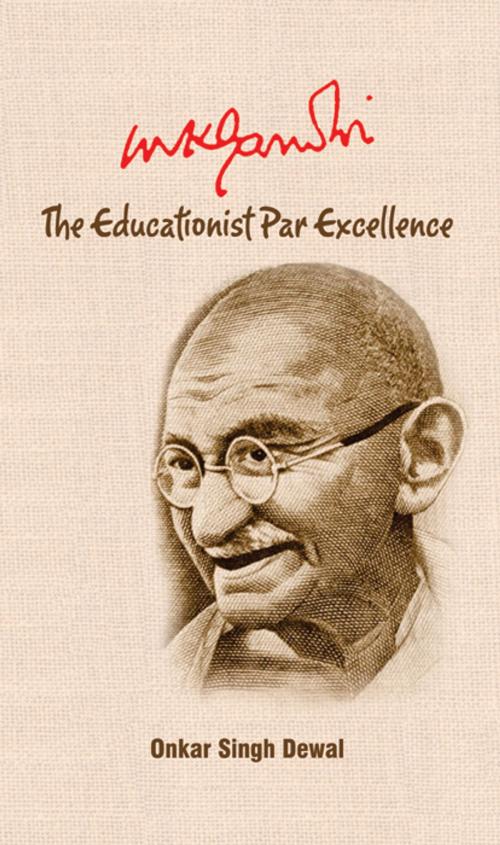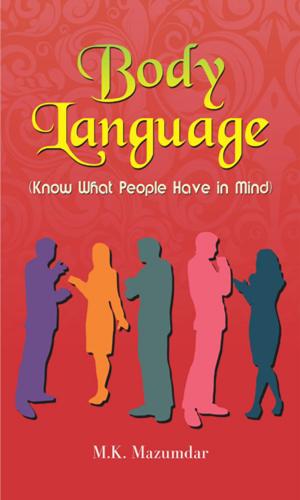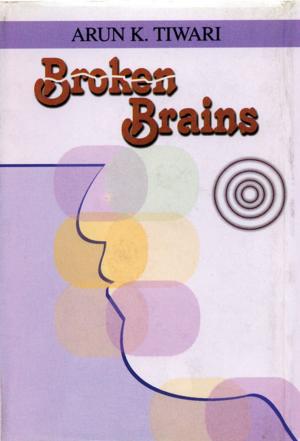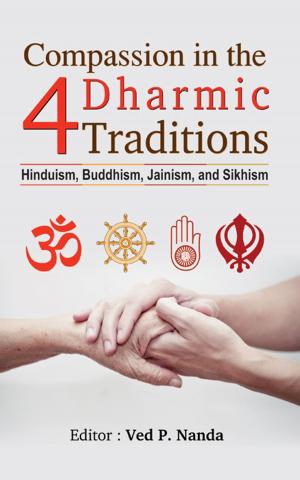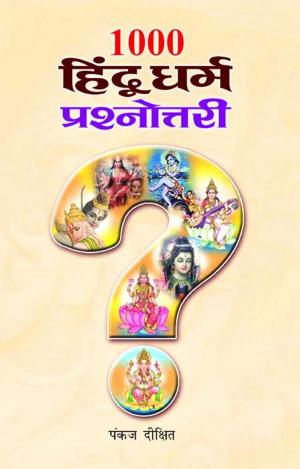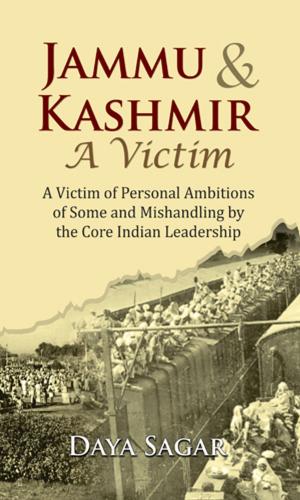| Author: | Onkar Singh Dewal | ISBN: | 9788184303162 |
| Publisher: | Prabhat Prakashan | Publication: | December 15, 2009 |
| Imprint: | Language: | English |
| Author: | Onkar Singh Dewal |
| ISBN: | 9788184303162 |
| Publisher: | Prabhat Prakashan |
| Publication: | December 15, 2009 |
| Imprint: | |
| Language: | English |
This book is a thick description of Gandhiji views on education which he referred as his, ‘Educational fads’ (Autobiography p. 185). His educational fads were based not on well designed educational principles and theory but on his own inner workings of ideas which were essentially ethical. He saw education as means to man-making which ought to have deep ethical potential. In criticizing education in 1919 and in 1937 he had expressed his shock wave of the then existing educational system which lacked teaching through mother tongue, value orientation, nationalism and dignity of labour. Gandhiji’s educational views are embedded in Indian culture, which promote simplicity, hard work, non-violence, truthfulness, mutuality and social cohesion.
This book is a thick description of Gandhiji views on education which he referred as his, ‘Educational fads’ (Autobiography p. 185). His educational fads were based not on well designed educational principles and theory but on his own inner workings of ideas which were essentially ethical. He saw education as means to man-making which ought to have deep ethical potential. In criticizing education in 1919 and in 1937 he had expressed his shock wave of the then existing educational system which lacked teaching through mother tongue, value orientation, nationalism and dignity of labour. Gandhiji’s educational views are embedded in Indian culture, which promote simplicity, hard work, non-violence, truthfulness, mutuality and social cohesion.
